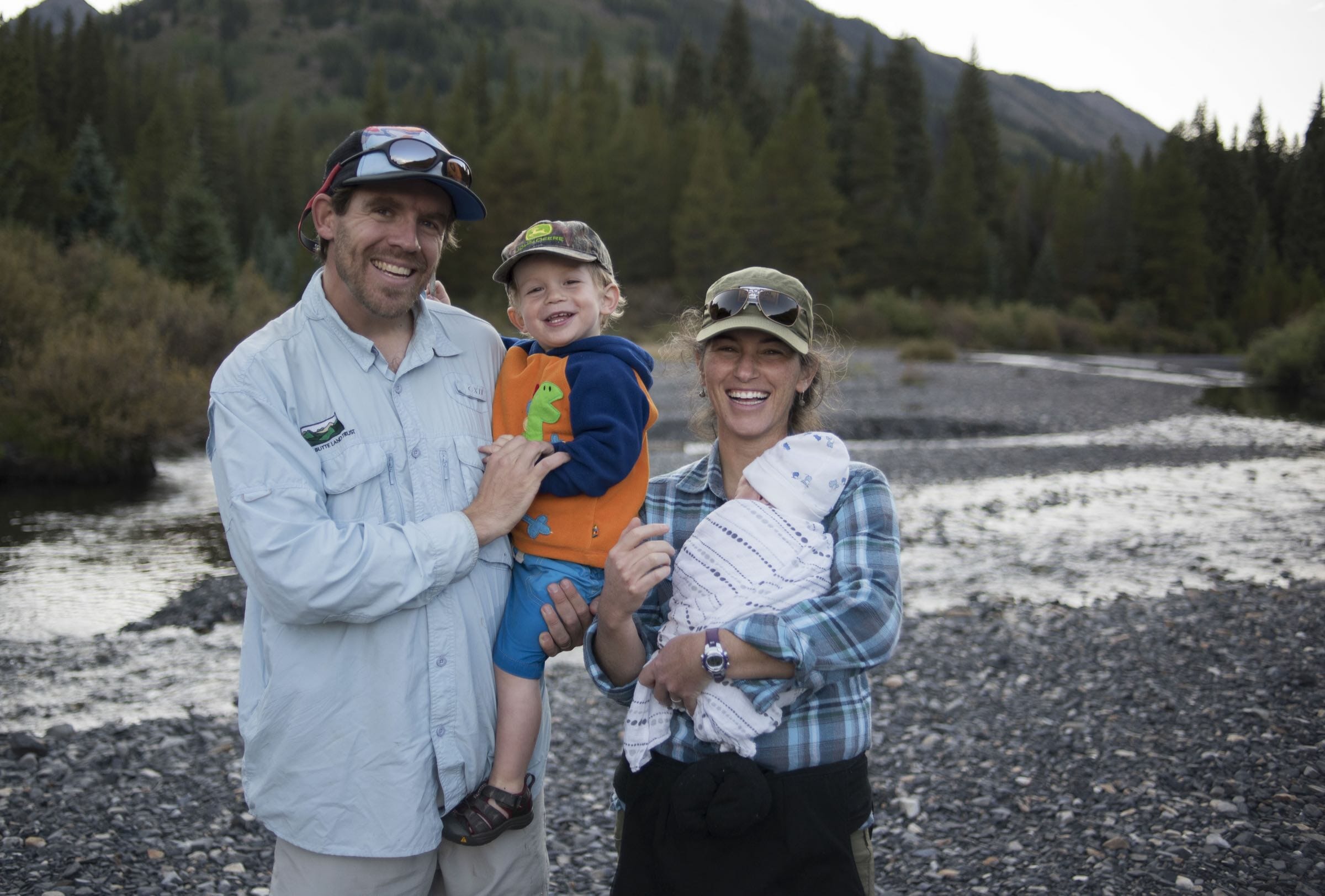Rolling back bedrock environmental laws
Fighting to keep historic protections in place are more important now than ever Read more
Rolling back bedrock environmental laws
Fighting to keep historic protections in place are more important now than ever
Despite anecdotal accounts and grumblings on social media, environmental protections and attendant regulations are widely supported by Americans. Take the Clean Water Act for instance — a recent poll of 1,000 hunters and anglers of all political stripes found that 93 percent believe the Clean Water Act has been a good thing for the country. With this kind of support, passing legislation to weaken environmental laws is — thankfully — an uphill battle. But there is workaround to Congress that’s being used more often these days: rulemaking.
Rulemaking is the process of developing regulations and is an authority granted by Congress to the executive branch to help implement law s. In short, Congress passes broad policy, but leaves it up to implementing agencies to get into the weeds. And because regulations carry the force of law, they can have a great impact on the way our natural resources are managed and how certain activities are regulated.

America’s public lands are a heritage borrowed from our children.
Today we are seeing this tactic used to make changes to the implementing regulations of several bedrock environmental laws, including the Clean Water Act, Endangered Species Act, and National Environmental Policy Act. At the same time there are rulemakings for public land agencies that govern how they manage uses like mining and oil and gas development.

Wetlands and clean water are vital to the health of all humans on this planet. For generations, America has worked to protect its clean water and Trout Unlimited will work to ensure that those laws endure.
There’s a lot at stake for fish and wildlife and cold, clean water, but the upside is that citizens have voice. To facilitate rulemaking, Congress enacted the Administrative Procedures Act to establish specific procedures that agencies must follow, including public notice and comment. But rulemaking is not a voting contest and more and more the outcome of rulemakings are in conflict with the will of the people who take the time to become informed and provide comments.
Will Congress curtail rulemaking and take back some of the power they have ceded to the executive branch? Only time will tell, but Trout Unlimited is going to remain in the trenches working to curb end-runs around the most important laws that help to protect and conserve our cold-water fisheries.
1
2
3
4
Growth and change
- Entrepreneurial conservation
- Playing the long game
- Off Road Vehicle and Sportsmen Ride Right
- Oregon and Arizona Mineral Withdrawals
- Overcoming congressional gridlock with public lands planning
- Owning state legislatures when Washington, DC, is broken
- The importance of national monuments
- Fight against selling state land
- Alaska Tongass National Forest
- Alaska Pebble Mine
- Utah Roadless
- Washington Steelhead fishing regulation changes